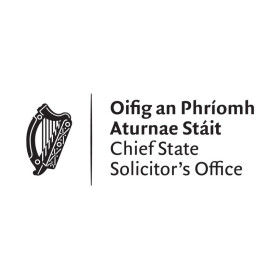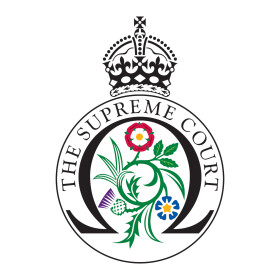In Murphy v Attorney General [1982] IR 241, a married couple challenged the constitutionality of ss. 192-198 of the Income Tax Act 1967 which deemed the income of a married woman, living with her husband, be her husband’s income for tax purposes and not her own. The case was supported by the
Opinion
Celia Worthington, consultant at Worthington Solicitors in Belfast, writes on a recent case in the Court of Appeal in England and Wales. An essential element to any contract is certainty of terms. A recent case in the Court of Appeal, Robert Bou-Simon –v – BGC Brokers LP, highlighted the
Marital rape only became a crime under section 5 of the Criminal Law (Rape) (Amendment) Act 1990, which abolished ‘any rule of law by virtue of which a husband cannot be guilty of the rape of his wife’. Under the common law prior to the Criminal Law (Rape) (Amendment) Act 1990, a h
Employment law solicitor Richard Grogan of Richard Grogan & Associates writes on regulations that regularly catch out solicitors, especially in commercial departments. Case ADJ12743 is a timely reminder, for those thinking of issuing proceedings where there has been a transfer under the Transfer
Partner Bryan McCarthy and solicitor Sarah Slevin at Ronan Daly Jermyn write on proposals for greater regulation of social media. Recent, high-profile controversies have thrown a pointed spotlight over social media/online multi-nationals and the extent to which their users should be protected from t
This week the EU Parliament adopted a new revised draft of the Directive on Copyright in the Digital Market. The proposed EU legislation includes some significant changes to the copyright regime and a couple of surprise additions introduced at the last minute by the EU Parliament, explains Ron Mosco
Between the 9th and 10th of August 1971, the British Army initiated ‘Operation Demetrius’ in Northern Ireland – which involved the arrest and internment of hundreds of people suspected of being associated with the IRA. Of those arrested and interned during Operation Demetrius, four
Employment law solicitor Richard Grogan of Richard Grogan & Associates briefly recaps a recent decision of the Labour Court on time limits. In the case TUD1813, being a case of Pat the Baker and Conor Brennan, the issue related to the submission of an appeal which was submitted out of time.
Following much controversy surrounding the European Union’s proposed Copyright Directive, MEPs have voted again on the Directive, this time in a vote of support with 438 in favour, 226 against and with 39 abstentions, writes Euan Duncan. MEPs previously voted against the Directive in July of t
Irish revolutionary Roger Casement, the ‘father of 20th-century human rights investigations’, was knighted in 1911 for his investigations into human rights abuses in the Congo and Peru while he worked a British Consul.
The Secret Barrister: Stories of the Law and How It's Broken Kapil Summan, assistant editor of our sister publication Scottish Legal News, reflects on the presumption of innocence in one of the best legal books of modern times.
Barry Crushell, partner at Tully Rinckey Ireland, sets out his view on a recent Court of Appeal judgment on workplace safety. A recent decision delivered by the Court of Appeal, in the matter of Geraldine McCarthy (the Employee) versus the ISS Ireland Limited (the Employer) and Another (see: [2018]
Employment law solicitor Richard Grogan of Richard Grogan & Associates writes on recent constructive dismissal cases which illustrate the need for employees to take legal advice before resigning. In case ADJ10369, the AO had to deal with a claim of constructive dismissal and has helpfully set ou
Eimear Coughlan, solicitor at O'Flynn Exhams Solicitors in Cork, explores recent case law on leases and lender consent. It is settled law that a failure to obtain the bank’s consent to the creation of a lease over mortgaged property renders the lease voidable. A question which recently arose b
Criminal conversation gave a man a right of action for damages against anyone who had sexual relations with his wife, and the consent of the wife did not affect his entitlement to sue. It was not necessary that adultery resulted in separation, however if the couple was already separated the man was























